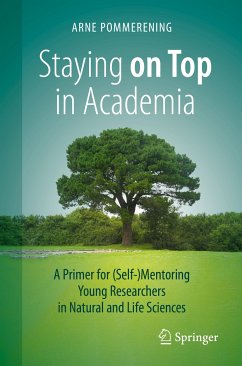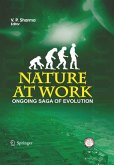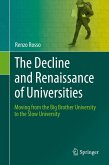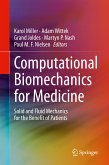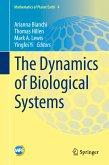The pace of change in academia is ever increasing, which makes it difficult for anyone to stay up to date with what may be the right long-term strategy, or even the next step in mastering a PhD or to secure a fruitful academic career. Academic mentoring has proved to be helpful to many young researchers in difficult situations and mentoring programmes have been launched at many universities. In its most basic meaning, mentoring is a goal-oriented off-line conversation between a more experienced (mentor) and a less experienced (mentee) person with the objective to empower the mentee to make important work-related decisions.
The first chapter of the book offers an introduction to academic mentoring and provides an overview of what academic mentoring entails. In the following chapters, important topics are discussed that may come up in mentoring conversations. These include scientific thinking, doctoral studies, behaviour and disappointments, scientific storytelling, teaching, scientific presentations, early career years, research cooperation, job applications and basic data management. The discussions in each of these chapters were designed with a view to provide food for thought and to invite self-reflection as well as continued discussions with peers and mentors.
The book is written in a highly accessible style whilst restricting each chapter to the most essential information so that reading them can be accommodated in any busy schedule. It is not limited to any particular university or geographic region, since the author has worked in a number of different countries and encountered many different academic cultures. The text is also a useful handbook and reference to go with mentoring programmes.
Dieser Download kann aus rechtlichen Gründen nur mit Rechnungsadresse in A, B, BG, CY, CZ, D, DK, EW, E, FIN, F, GR, HR, H, IRL, I, LT, L, LR, M, NL, PL, P, R, S, SLO, SK ausgeliefert werden.

